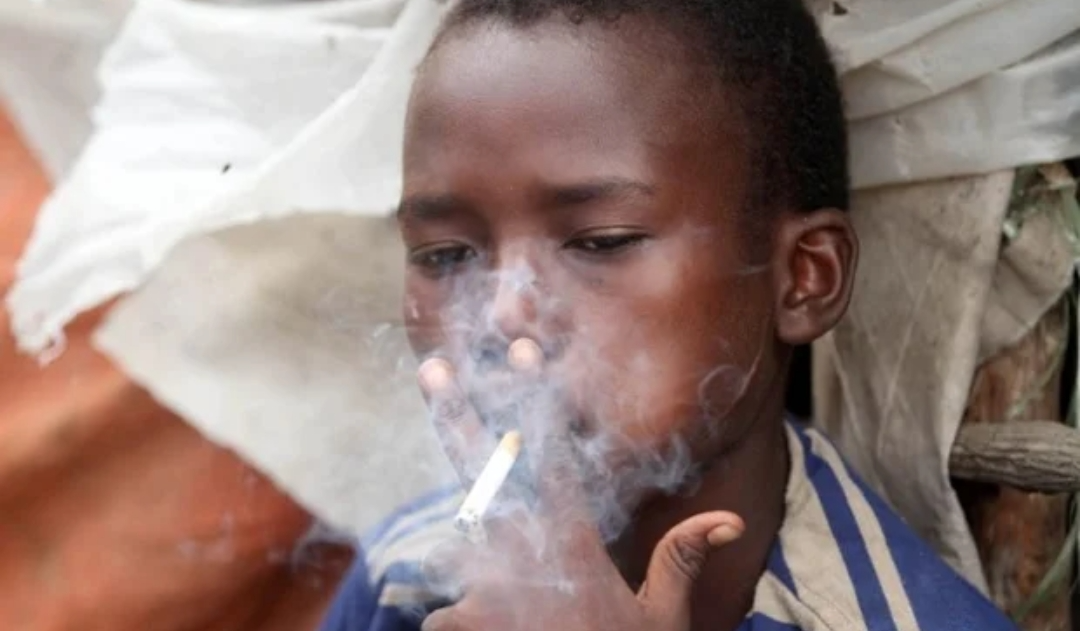The national budget for 2024 saw Nigeria double its financial commitment to the Tobacco Control Fund (TCF) from N4.7 million of the previous year to N10 million, heeding long-standing stakeholder calls for increased funding. The money earmarked for tobacco control aligns with Section 8 of the Nigeria Tobacco Control Act (NTCA), 2015, which stipulates funding …


